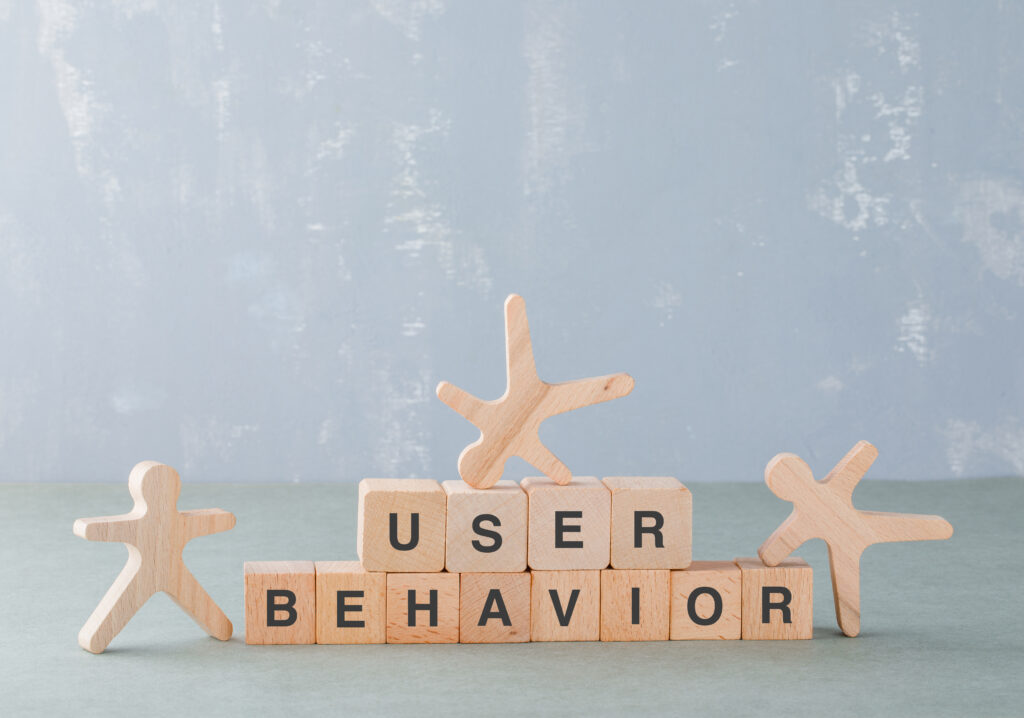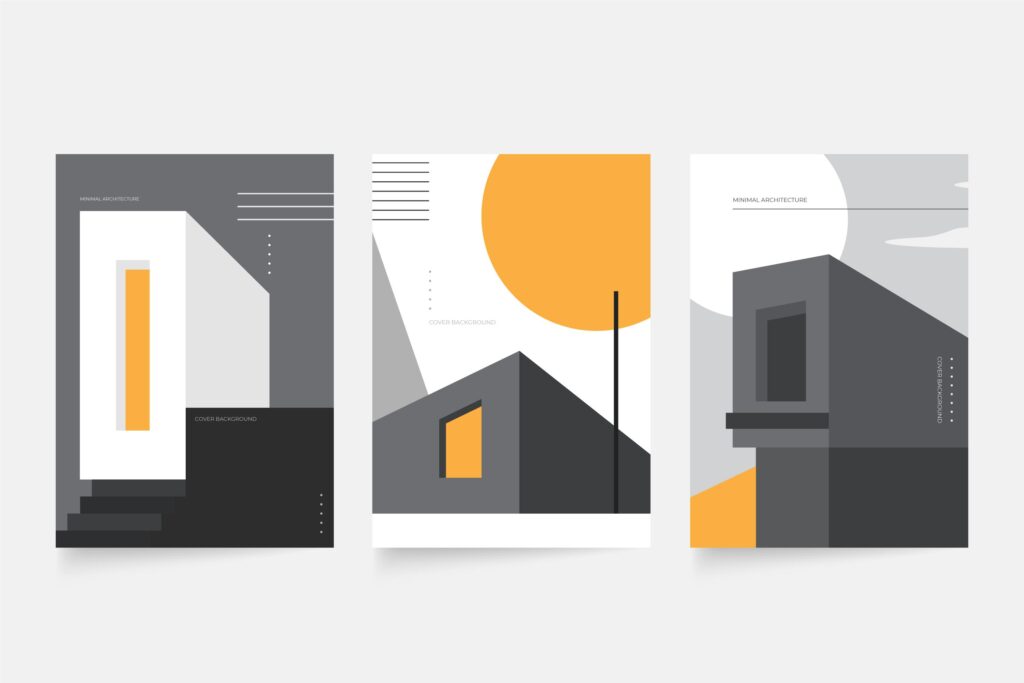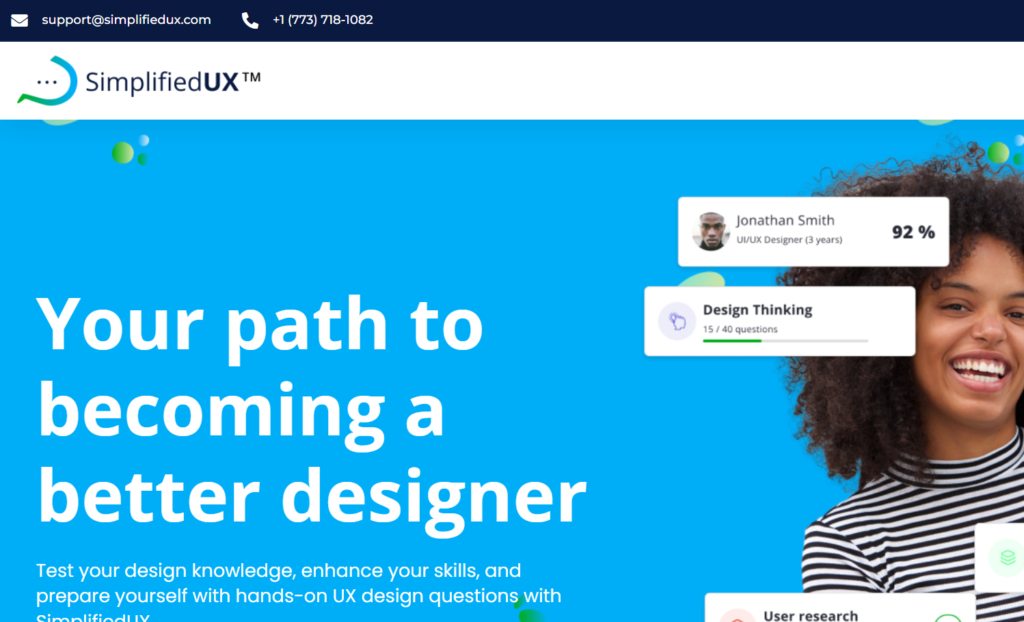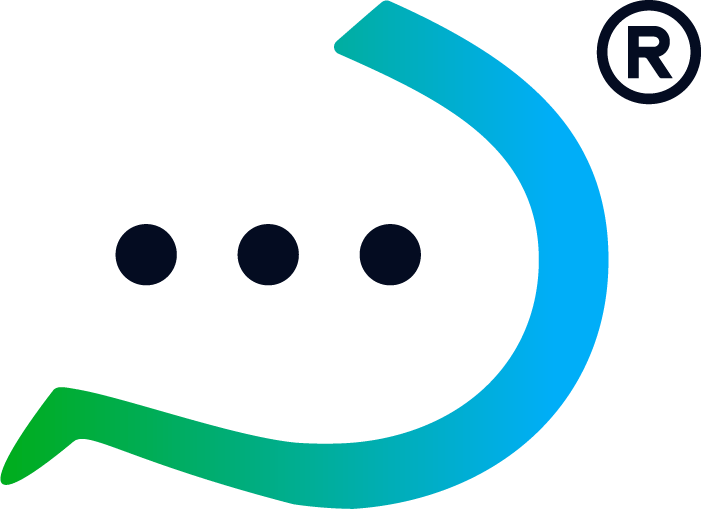A UX project is a design process that skilled and successful design teams embark on to create products that provide meaningful and relevant experiences to users. Projects like these are usually holistic in nature, encompassing aspects of branding, design, usability and functionality as well as the entire acquisition and integration process.

Factors that influence a UX Project
At the center of UX is the satisfaction of the user and provision of value for the user. This is represented in Peter Morville‘s work, the User Experience Honeycomb.
According to him, information must be the following for it to be valuable and meaningful to the user:
- Useful
Your product must be original and solve a problem for your users.
- Usable
The ease of use of your product or site is very important. An unusable product is a failed UX project.
- Desirable
It is essential that your product evokes emotions and appreciation through the look and feel. There must be an aesthetic appeal to the images, branding, identity, and other designs.
- Findable
The content on your UX project must be easy to find both on site and off site. A good user experience is determined by how easily your content can be found.
- Accessible
In designing a UX project, all potential users must be considered. It is imperative that your product is accessible to people with disabilities.
- Trustworthy
Your product must be believable and trustworthy. The information you provide must be trustworthy and the users must believe what you say.
User experience-related areas

The success of a UX project lies in many other areas that go beyond design. It encompasses the principles of Human-Computer Interaction (HCI) and goes on to include:
User Research
The purpose of this area is to understand user behaviors, pain points, needs, and motivations through observation and interview techniques as well as task analysis and other methods of feedback.
Usability Evaluation
This area of designing a UX Project focuses on testing how easy it is for users to use the product to achieve their goals. It also refers to how satisfied users are with the process.
Project Management
It involves planning and organizing a project. The process involves identifying and managing the project lifecycle, integrating it with the user-centered design process, forming and guiding the project team through all phases until the project is complete.
Information Architecture (IA)
This focuses on the organization, structure and presentation of the information on the product to the users.

User Interface Design (UI)
Users will be able to do whatever they want with the product, so the design anticipates their needs. These actions are taken into consideration in the design, and elements are designed to facilitate them.
Content Strategy
Content curation, delivery, and governance are the main responsibilities of this area, which involves writing and curating relevant content for the product.
Visual Design
In visual design, the goal is to create an aesthetically pleasing interface that aligns with the brand’s objectives.
Web Analytics
The purpose of this is to collect, report, and analyze data about websites
Accessibility
As earlier mentioned in this article, your product must be accessible to people with disabilities. This focuses on how disabled people access or benefit from a product- a site, an application or a software. Section 508 is the governing principle for accessibility.
To design a UX project that gives the potential user the best user experience, these aspects must be considered.



